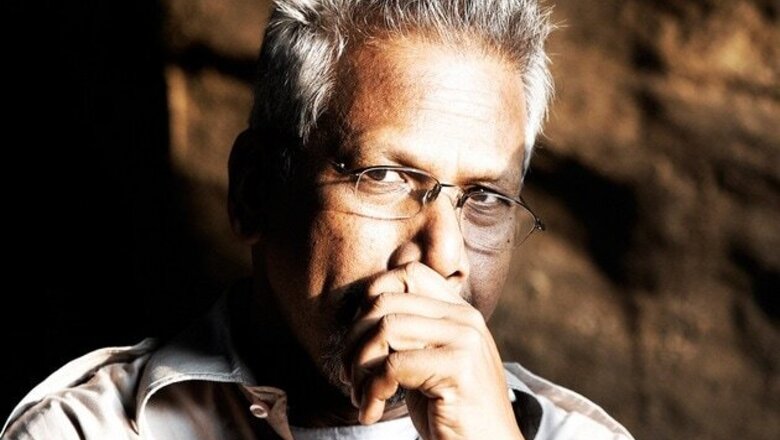
views
Mumbai: He has been making movies for almost three decades and is known as a maverick. But Mani Ratnam says every time he starts working on a new film, he has to struggle to find the right way to can the shots.
"In every film, I go back to square one. When I did my first film, I didn't have formal training, I didn't work under any director. I really didn't know how to make a film," the self-effacing Ratnam, who is gearing up for the release of his multilingual movie Raavan on Friday, told ,in an interview.
"So I thought, if I make two-three films, I will become an expert and be able to walk through anything. But after 20-odd films, I still don't know how to shoot a film. I still struggle, but the most enjoyable part is not knowing and trying to find something," said the 54-year-old who started his career with Kannada film Pallavi Anu Pallavi starring Anil Kapoor in 1983.
His body of work includes landmark Tamil movies like Mouna Raagam (1986), Nayagan (1987), Anjali (1990) and Thalapathi (1991); critically acclaimed Hindi movies Yuva (2004) and Guru (2007) and his trilogy on terrorism - Roja (1992), Bombay(1995) and Dil Se (1998).
Though he earned rave reviews for his movies, the director never revisits his past work.
"I don't watch my old films like Roja, Dil Se because I only see mistakes. I see five minutes of the film and I am scared I will start finding mistakes in them."
For the thriller Raavan, he has teamed up again with Abhishek after Yuva and Guru and says the young actor is growing amazingly.
"Every time I worked with him, he had drastically different characters and each time he delivered. He is tremendous to work with. Abhishek is growing with every film. He is growing by leaps and bounds," said the director who dared to give Abhsihek a negative role in Yuva that took the actor's career to new heights," said Ratnam.
"I can only talk about him since Yuva when I first interacted with him. Even then I did not do something very drastic, we just made him play the character without worrying about anything. In this film his character is much larger than life - it needed a bigger portrayal, flamboyance. He has been able to do it much convincingly."
How difficult was it to shoot the film simultaneously in two languages?
"It's difficult, you know. It's a huge task. When I am making a film, it's very instinctive, it's not preset. I have to bring the actors there, stage it together, make it comfortable, make it work and then decide how to shoot it. I go a lot by instinct.
"But when you are doing a film in two languages, you can't go totally by the instinct because once you have finished the shot, you can't move on to the next. You have to do the same thing in the other language."
The film has been shot simultaneously in Tamil and Hindi at tough locations, including the Athirapally forests in Kerala, Ooty in Tamil Nadu, Jhansi in Uttar Pradesh, Kolkata, and the Malshej Ghats in Maharashtra.
"As a filmmaker, every tool you get to tell the scene better is important. The geography, the light are big tools used to tell the story. This film is completely set in the outdoor. So if outdoor has got to play a role, you have to make sure it is helping you to tell the story better. The set gives the mood and correct setting to concentrate on the emotions of the characters.
"The idea is not to make it look tough. When you watch the film, you should not be aware of the film being shot in such tough locations. The idea is that it flows effortlessly."
Asked which version he enjoyed while filming, Ratnam said, "It isn't easier to make it in Tamil. If it is in Tamil, I hold more reins in my hand. When I make a film in Hindi, I become a little more liberated. I trust the writer a little more. I trust the actor a little more. I make them a little more responsible."











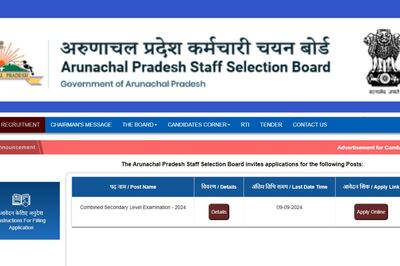
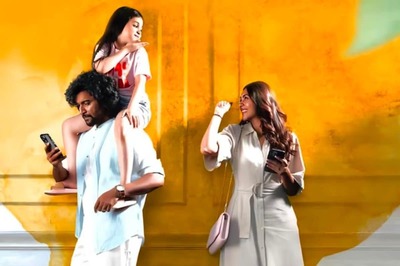
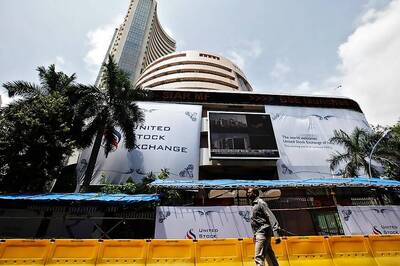
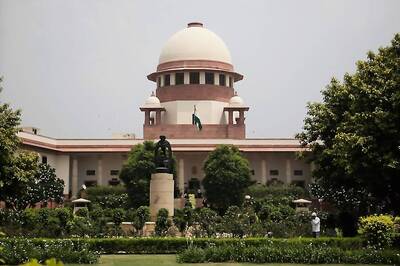


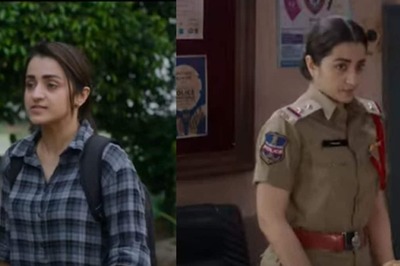
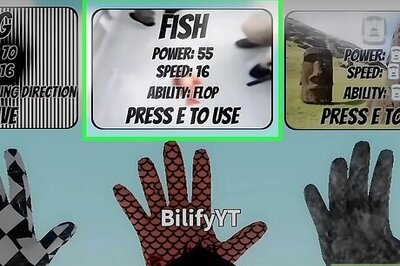
Comments
0 comment